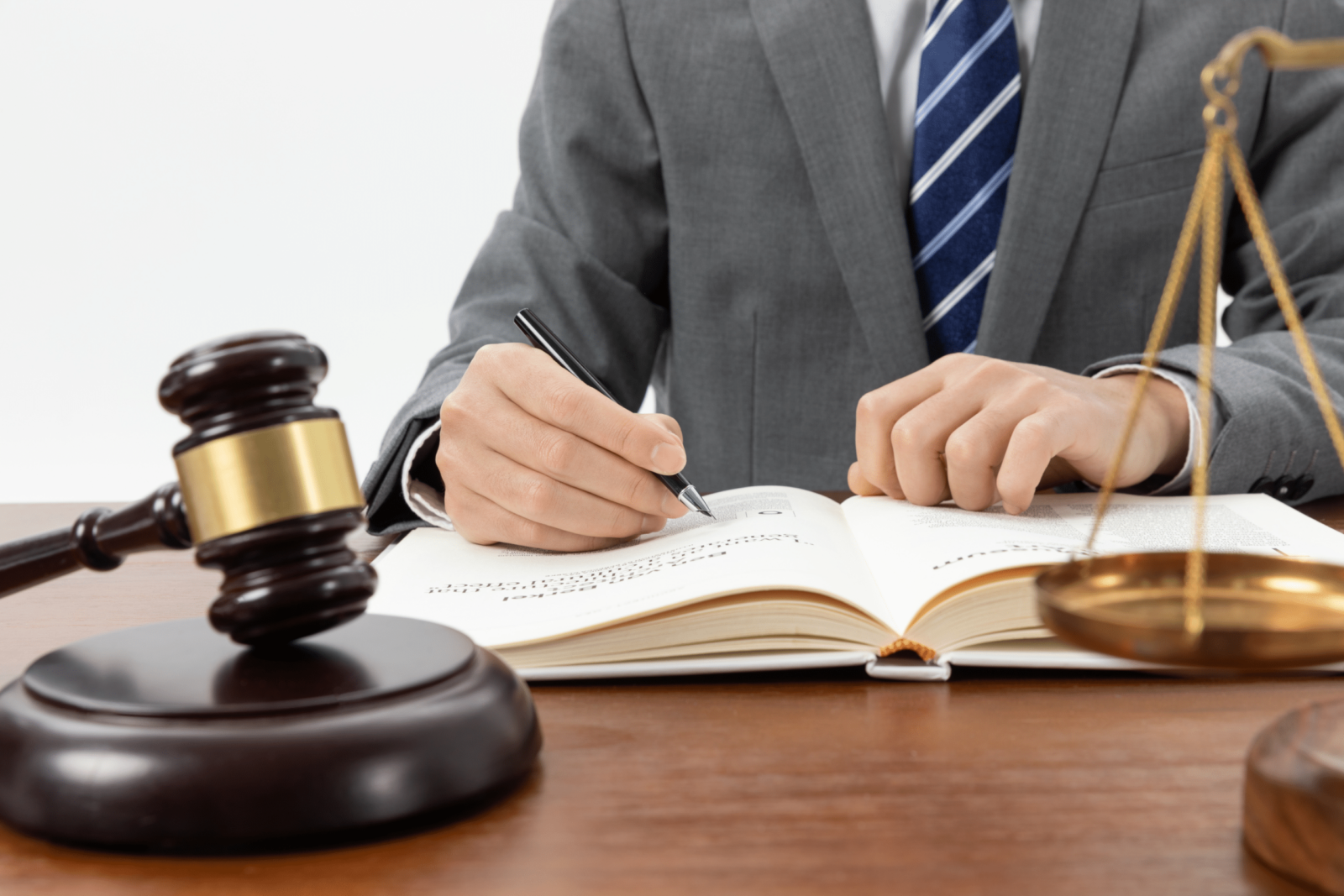Facing defamation can be a tumultuous experience, and having the right legal support is crucial. A defamation lawyer specializing in NYC and NJ can provide essential guidance to protect your reputation and navigate the complexities of slander and libel cases. Understanding the nuances of defamation law in these regions can make a significant difference in the outcome of your case. For more info, click here.
When your personal or professional reputation is at stake, engaging a knowledgeable attorney experienced in local statutes becomes paramount. In-depth knowledge of the legal standards in both New York and New Jersey is necessary to build a strong case. Whether you’re dealing with false statements affecting your business or personal life, a qualified lawyer can help you explore the right legal avenues.
The unique legal landscape of NYC and NJ also requires careful navigation of procedural nuances. Seeking an attorney who is well-versed in both state-specific laws and cross-state implications can offer an advantage. Swift action and a strategic approach can help you mitigate damage effectively and restore your good name.
Understanding Defamation Law in New York and New Jersey
In New York and New Jersey, defamation law primarily focuses on protecting individuals from false statements that can harm their reputations. Key concepts include libel and slander, with specific legal frameworks governing both. It’s essential to know the differences between these concepts and the legal challenges involved.
Defamation: Libel and Slander
Defamation involves the communication of a false statement that injures someone’s reputation. Libel is written defamation, while slander is spoken. Both require the plaintiff to prove the statement was false, damaging, and made without adequate research into its truthfulness.
Notably, public figures must show the statement was made with actual malice, meaning it was knowingly false or with reckless disregard for the truth. This distinguishes their burden of proof from private individuals, who need not prove malice to succeed in a case.
Legal Framework for Defamation, Libel, and Slander Law
In both states, defamation cases can be complex given the need for plaintiffs to demonstrate harm and intentional or negligent falsehood. New York implements the Single Publication Rule, allowing only one lawsuit for libel per publication.
New Jersey requires evidence of actual harm unless the statement is seen as defamatory per se, which presumes damage. Libel and slander cases in both states frequently involve civil rights considerations, especially when free speech or press freedoms are implicated.
The Difference Between Libel and Slander
Understanding the distinction between libel and slander is crucial for pursuing legal action. Libel often involves printed or broadcast content, readily archived and potentially accessible by many. Slander refers to transient utterances, usually requiring witnesses to testify.
Both are part of civil litigation, involving detailed legal challenges. Libel and slander attorneys are frequently tasked with proving or disproving the presence of malice. Your choice between pursuing a libel or slander claim impacts the evidence required and the case’s complexity.
Legal Services for Defamation Cases
Defamation cases require specialized legal assistance to safeguard your reputation and rights. The right defamation lawyer can help navigate you through complex litigation and resolution processes, ensuring your interests are protected at every step.
Selecting the Right Defamation Lawyer
To choose the best defamation lawyer, prioritize their experience and expertise in handling similar cases. Look for attorneys with a proven track record in defamation and reputation management.
Evaluate peer endorsements and legal community recognition as indicators of their credibility and effectiveness. Consider lawyers who offer remote legal services to accommodate your needs.
Take into account their approach to harassment and invasion of privacy issues, as these often intersect with defamation cases.
Litigation and Resolution Processes
The litigation process for defamation involves several crucial stages, from filing the complaint to the conclusion of the trial. A competent lawyer should guide you through gathering evidence, understanding legal procedures, and effectively presenting your case.
Explore arbitration and mediation as alternative dispute resolution methods. These processes can lead to settlement without the need for prolonged court battles, saving time and resources.
Your lawyer should also prepare a strategy to mitigate potential retaliation tactics used by opposing parties, ensuring a robust defense.
Protecting Your Reputation and Rights
Protecting your reputation extends beyond legal verdicts. Your lawyer should advise you on steps to restore your public image, which may include public statements or digital presence management.
In cases of negligence or direct harassment, legal counsel is essential to secure criminal defense or pursue additional claims.
Stay informed of your legal rights concerning antitrust and trade law, as these can impact commercial disputes related to defamation. Legal representation should focus on both current litigation and future reputation protection strategies to maintain your standing.











